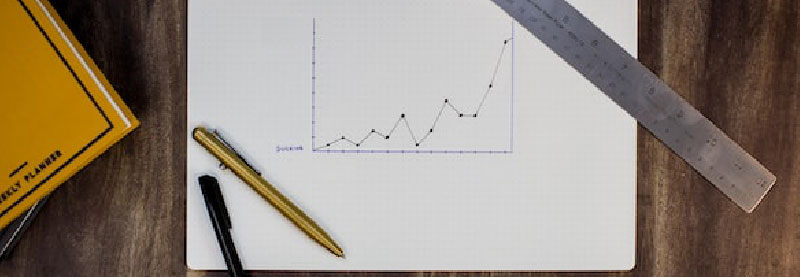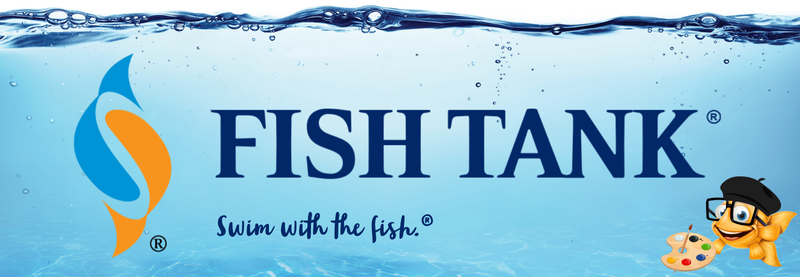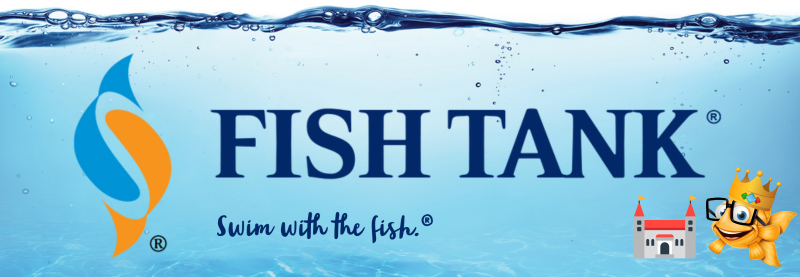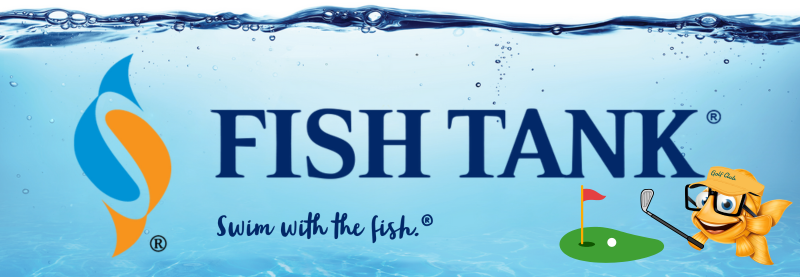Intellectual Property Insights from Fishman Stewart PLLC
Newsletter – Volume 23, Issue 3
Share on Social
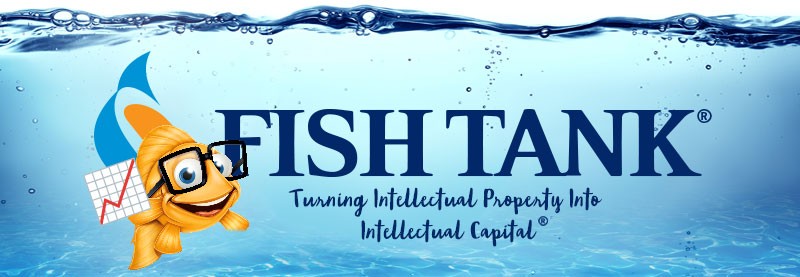
Patent Demand Grew at IP5 Offices In 2021
By Kameron Bonner
These gains were achieved despite a slight decline in utility patent filings at the US Patent and Trademark Office, which fell 1.4% year-over-year to 595,398, and utility patent grants declining by 6.9% to 327,775—despite issuing its 11 millionth patent. The European Patent Office, by contrast, reported that 188,600 European patent applications were received in 2021, up 4.5% from 2020. However, European granted patents fell to 108,799, a decline of 18.6%.
China reported the greatest number of patent grants in 2021, totaling 696,000 invention patents granted, a whopping increase of 31.3% from 2020. A total of 1.6 million invention patent applications were filed in China, a 5.9% increase—approximately 90% were applications filed by domestic applicants. China’s increases may be due to the 25 new local “IP protection centers” which pre-examine applications and reduce the overall amount of time required for patent application examination. This might indicate that China’s patent-growth in 2021 was due to its patent office clearing the backlog of patent applications filed in 2019 rather than new innovations made during the past few years of the pandemic.
Japan saw modest gains in 2021, reporting 289,200 patent application filings and 184,372 patent grants—0.3% and 2.8% increases, respectively. Meanwhile, South Korea reported 8.2% and 5% increases in patent grants and applications, respectively, while totaling 237,998 applications and 145,882 patent grants.
The 2022 report is expected for release this Spring, and it will be interesting to see the statistics. While some expect 2022 figures to reveal continued growth as the global economy clawed its way out of the pandemic, economic headwinds including inflation, supply chain issues, reduced financial subsidies, and challenges continuing from COVID-19 may have had a dampening effect.
Kameron is a Partner at Fishman Stewart PLLC, specializing in Intellectual Property with ten (10) years of experience counseling clients on patent, trademark, and related contractual matters. Kameron’s practice encompasses all aspects of preparing, procuring, and enforcing worldwide IP rights. Check out his full bio here.

Related Content from Fishman Stewart
People have long pondered whether or not the Giza pyramids were indeed solely burial chambers, which was the only known, and archaeologically determined, use—until now.
As the story goes, Klein was so taken with the indescribable blue of the sky over the Mediterranean in Nice, France, that he dedicated his artistic talent developing a blue that would imbue the canvas with this color in its purest form.
Despite her pseudo-legal background in Suits, Meghan has been running into one issue after another in her efforts to register the trademark and logo for her new lifestyle company, for now, called “AS EVER”.
By 1930, efforts began in New York to replace Mother's Day with Parent's Day because men were more than just breadwinners. Those efforts didn't catch on, probably because in that era, women often spent more time in the home.
In February, Nike and Skims announced that they will be working together on a new brand, NikeSkims. The co-brand will create a new line of training apparel, footwear, and accessories specifically designed to meet the unique needs of women athletes.
Generally, federal courts have exclusive jurisdiction over copyright cases, and often, this presents an insurmountable paywall for individual artists and small businesses to vindicate their rights, especially where the value of the individual copyrighted works are relatively low.
Dedicated to raising public awareness about the importance of encouraging innovation and creativity throughout the world, the World Intellectual Property Organization (WIPO) annually observes World Intellectual Property Day on April 26 to showcase the role that patents, trademarks, industrial designs, copyrights and trade secrets play in our everyday lives.
Hold onto your foam fingers, sports fans – college sports just got a whole lot more interesting! The latest updates to Name, Image, and Likeness (NIL) rules are making student-athletes bigger than ever, and it’s not just about the game anymore.
Did a federal court in Louisiana recently decide that US copyrights are global rights? It seems so.
L.A.B. Golf aims to protect its innovations, and therefore its market position, owning three patents for its zero-torque design. The question now is whether L.A.B. Golf can withstand the wave of copycat designs.
IDENTIFYING, SECURING AND ADVANCING CREATIVITY®


